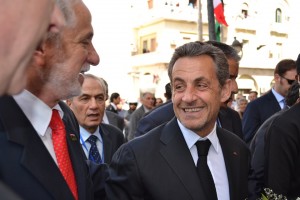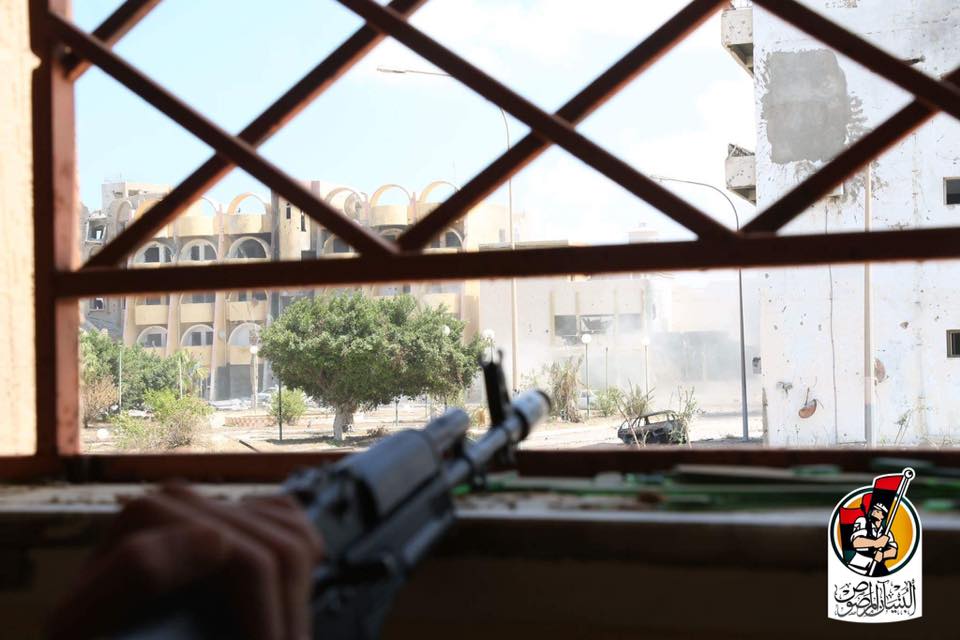By Libya Herald staff.

3 September 2016:
Sadat Elbadri who was leader of Tripoli local council from mid 2012 until Tripoli’s first democratic municipal elections in May 2014, has died of cancer. He died earlier yesterday morning and his funeral took place in the Mizran Mosque in the city’s Shara Mizran where he regularly worshipped. He was buried in the central Tripoli Sidi Munaider cemetery.
Elbadri, who rose to the leadership of Tripoli council after a series of resignations by previous leaders left him in charge, worked in difficult times trying to both ensure stability in the city and oversee its renaissance. He wanted to put Tripoli back on the map as a buzzing, dynamic, cosmopolitan city, as it had been before 1969, that could attract investment, trade and tourists.
In spring 2013 when that still seemed possible he invited former French president Nicolas Sarkozy to the city to thank him for having supported the 2011 revolution.
Later, that same year although he firmly believed in reconciliation and that the controversial Political Isolation Law was wrong because it blocked it, he took the view that the city would not be peaceful while it was being held to ransom by competing militias from outside. In November 2014, he called for demonstrators to join protests at Gharghour where Misratan forces had taken over several villas and demand they leave, in line with the General National Congress’ resolution ordering all unauthorised militias to quit major cities. In the event, some a number of Misratans shot at the demonstrators, killing 43 and injuring 460. Faced with a rising tide of animosity thoughout the capital, the Misratans then pulled out but in some cases, not very far.
Michel Cousins, editor of the Libya Herald, adds:
It was with the deepest sadness that I heard the news of Sadat Elbadri’s death. Courteous, kind, hardworking and practical, he wanted the best for Tripoli and even befre he became leader of the council in 2012, he developed a reputation for integrity and honesty, although there were times towards the end of his term in office when he admitted privately that the stress of trying to run the council was enormous.
He regularly encouraged other people, particularly younger Libyans, to work hard and have a sense of responsibility. Without hard work and responsibility, there could be no progress, he believed. Unassuming and generous, he was always trying to reconcile and build bridges. While leader of the council, for example, he took an interest in problems facing the Christian churches in Tripoli, both Catholic and Protestant, and took action to try and resolve them. Personally devout, he had little time for political Islam, despite the accusations from those who wanted to denigrate him that he was a member of the Muslim Brotherhood. It was typical of his modesty that just a few days ago, although ill for several weeks, he would tell a mutual friend that he was just “ a little sick but hoped to get soon”. He did not want to cause alarm.
Just before the municipal council elections in 2014, I asked him why he was not standing and what he would do next. He needed a break, he said, maybe for six months. But he thought that he would like to get back into the political sway after that. Sadly the country’s descent into division and chaos prevented someone as moderate and as profoundly sensible as Sadat from making a comeback.
He represented the best of Libya – and Libya, especially Tripoli, is very much the poorer for his passing.






